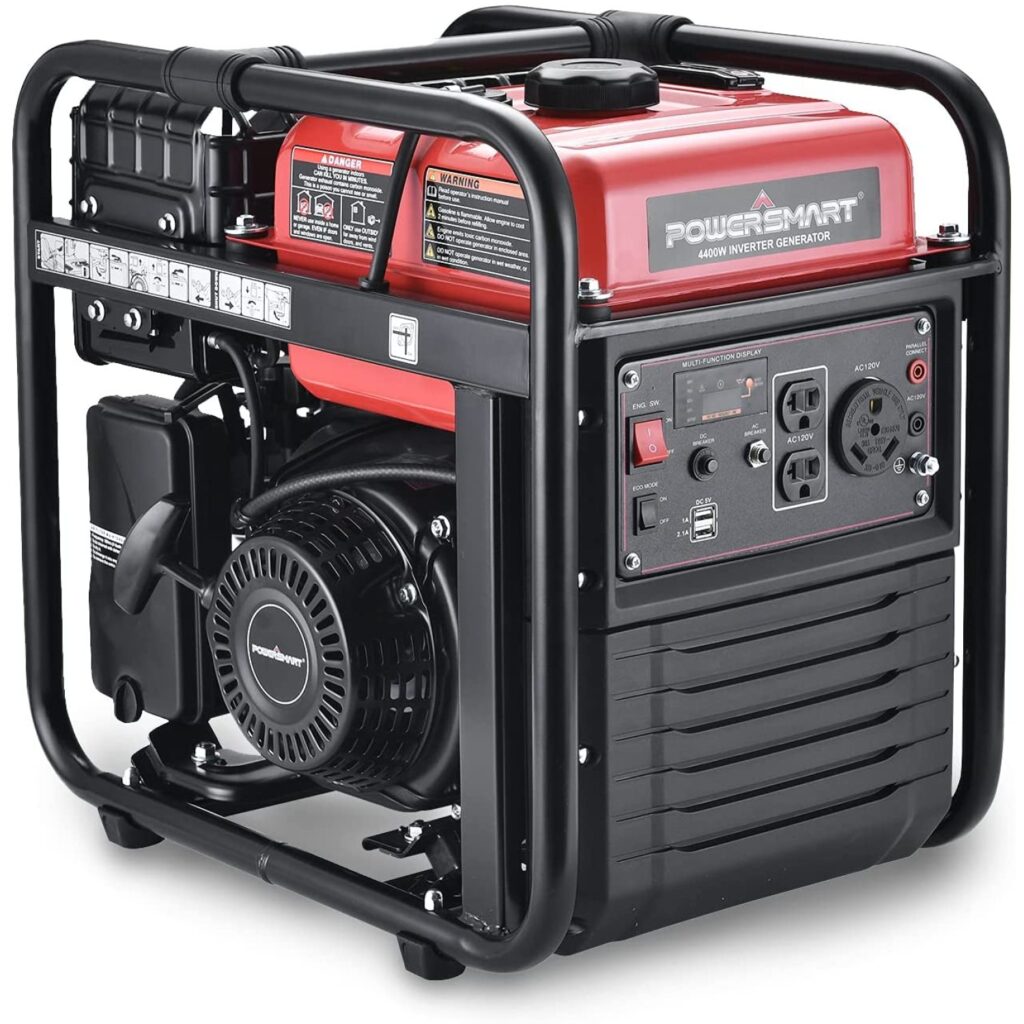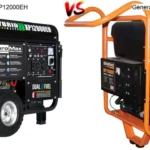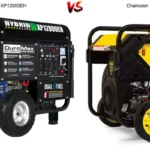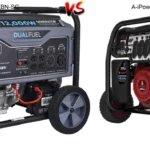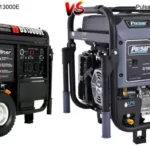Generators are an essential tool for many households, offering backup power in the event of a power outage. But with so many models and features available, it can be difficult to know what’s right for you. In this article, we’ll provide an overview of generators, reviews of the best models, guides to help you purchase the right model, and tips on how to get the best deals. So if you’re in the market for a generator, read on to learn all you need to know.
Types of Generators
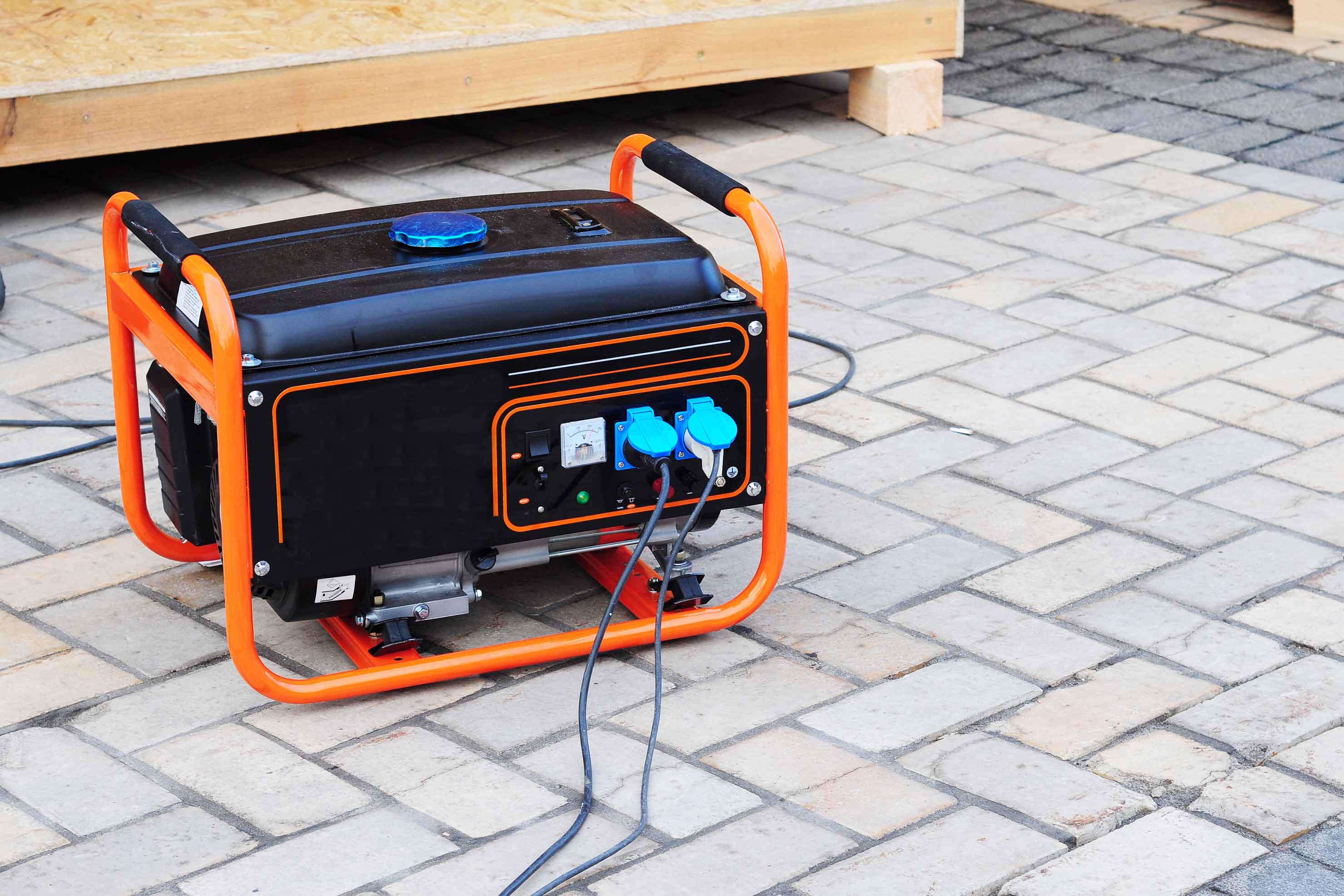
Portable Generators
Portable generators are a convenient and cost-effective way to provide power in places where utility power is unavailable. These generators are designed to be easily transported and are powered by gas or diesel. Portable generators are ideal for camping, tailgating, and other outdoor activities, and are available in a variety of sizes and power ratings to meet your needs.
Standby Generators
Standby generators are permanently installed and connected to the home’s electrical system. They are powered by natural gas or propane, and provide a reliable source of backup power in the event of a power outage. Standby generators are available in a variety of sizes and power ratings, and can provide whole-house or partial-house coverage depending on your needs.
Finding the Right Generator for Your Needs
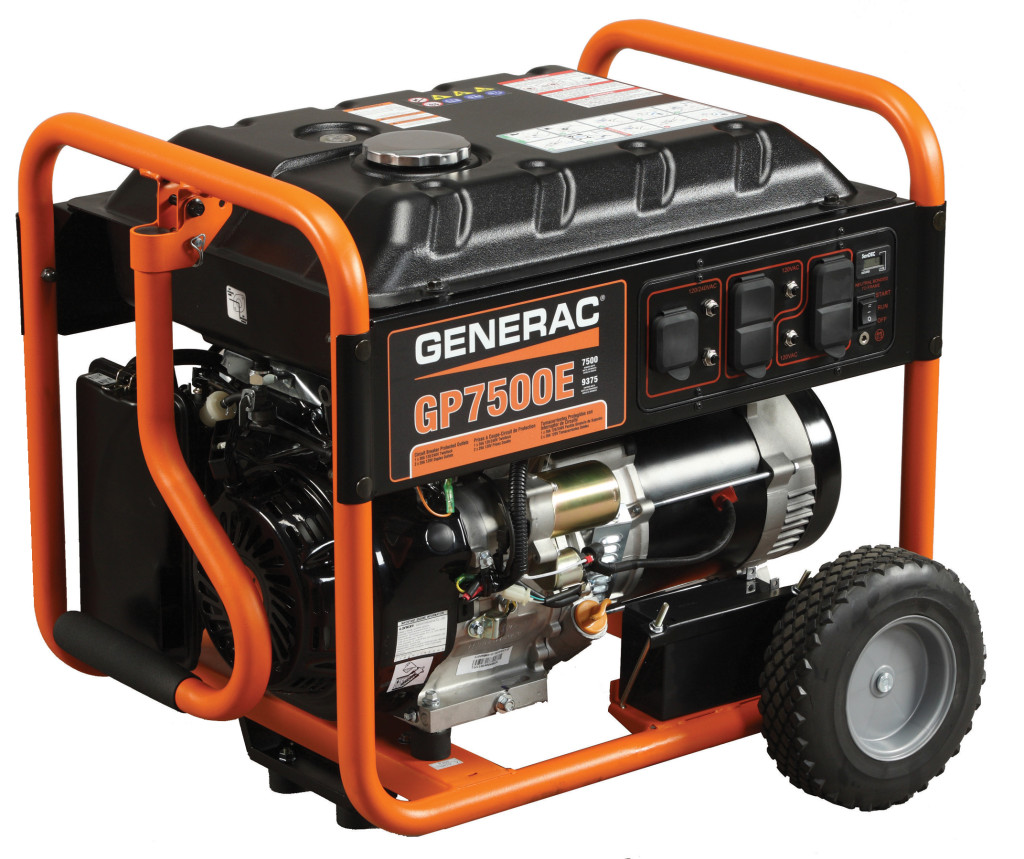
When it comes to purchasing a generator, there are a few factors to consider before making a decision. Here are five key points to think about before making a purchase:
Budget
Generators come in all shapes and sizes, with different features and power outputs. It is important to decide how much you are willing to spend before making a purchase. Having a budget in mind will help you narrow down your selection and ensure you get the best value for your money.
Noise Level
Noise levels are an important factor to consider when looking for a generator. Some generators can be quite noisy, so think about where you will be using it and how much noise you are willing to put up with.
Power Output
You will need to decide how much power you need from your generator. This will depend on the type of appliances and devices you will be running. Make sure to select a generator with enough power output to meet your needs.
Run Time
It is also important to consider how long you need your generator to run. Smaller generators may not be able to handle long run times, while larger generators may be able to run for extended periods of time.
Size
Finally, consider the size of the generator you need. Smaller generators are more portable, while larger generators may be able to provide more power output. Decide what size is best for your needs before making a purchase.
By taking these factors into consideration when buying a generator, you can make sure you get the right generator for your needs.
6 Maintenance and Repairs
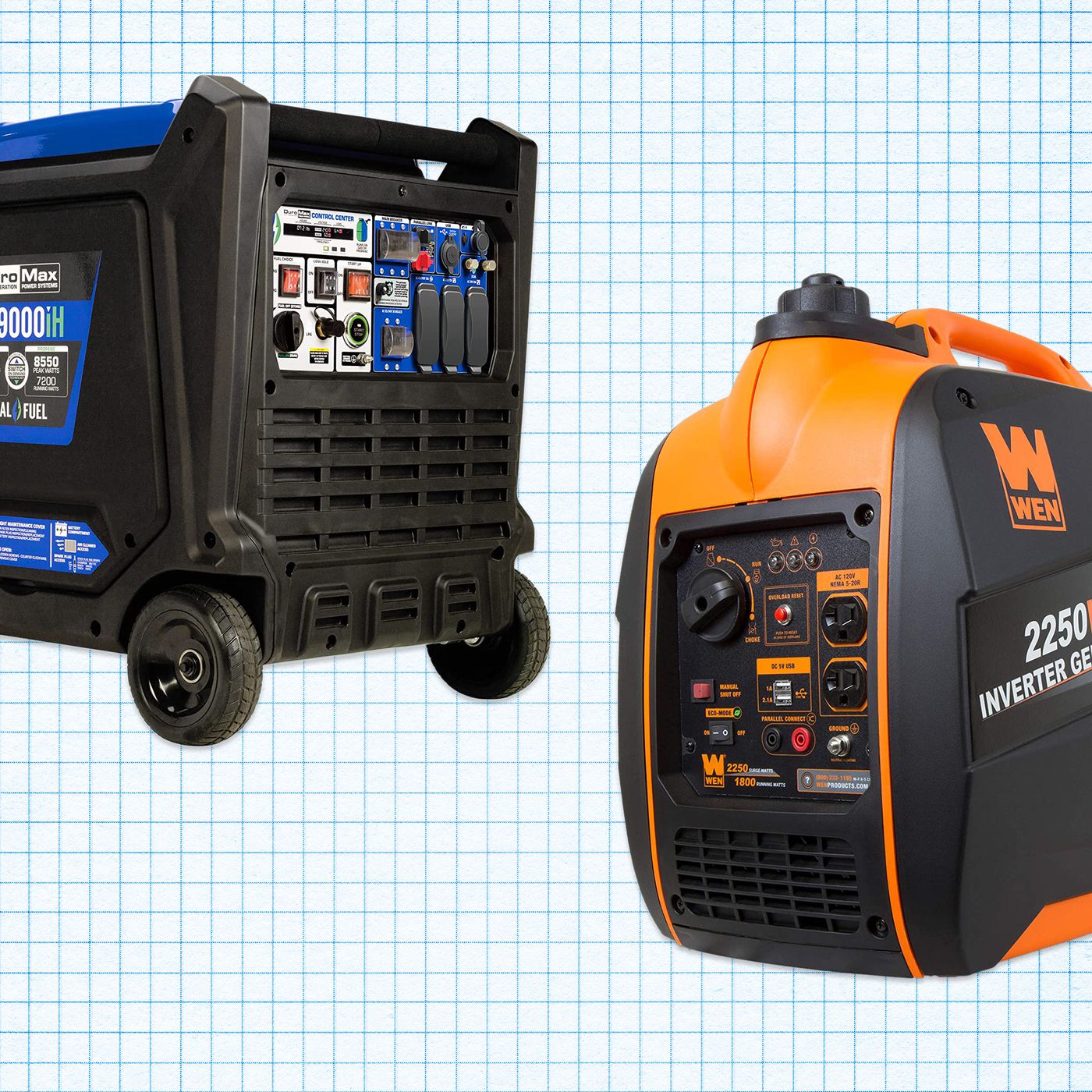
- Inspect Fuel System: Inspect fuel lines and connections for leaks, check the air filter for contamination, and test the fuel pressure.
- Replace Spark Plugs: Replace the spark plugs and check the timing of the generator.
- Check Oil Level: Check the oil level and add oil if necessary.
- Check Battery: Check the battery for proper charge and connections.
- Clean and Lubricate: Clean and lubricate all moving parts and check for worn or damaged parts that need to be replaced.
- Test Generator: Test the generator for proper operation and make sure all safety features are functioning properly.
7 Fuel Types
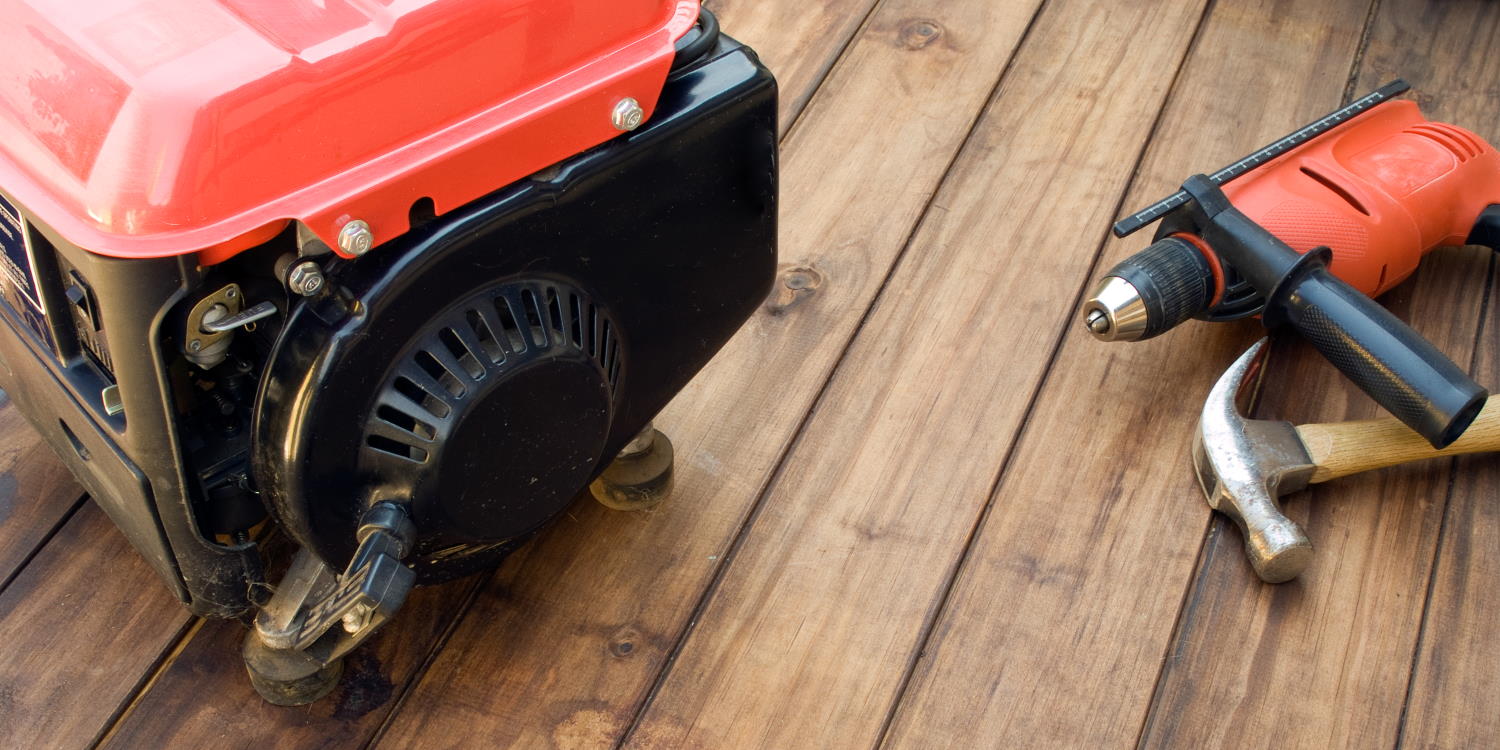
Generators come in a variety of fuel types, each with its own advantages and disadvantages. When you’re considering which type of generator to buy, you’ll want to make sure you get the right fuel type for your needs. Here is a breakdown of the 7 fuel types you may have to choose from:
Gasoline
Gasoline is the most popular fuel for generators, and is the easiest to find. Generators that run on gasoline tend to be the cheapest, and they’re relatively easy to maintain. On the downside, gasoline is highly flammable and can be dangerous to store.
Diesel
Diesel generators are great for those who need a reliable source of power. Diesel engines are generally more durable than gasoline engines, and diesel fuel is more efficient and less expensive than gasoline. However, diesel generators tend to be more expensive to purchase, and they can be noisy.
Propane
Propane is a great choice for those who want a fuel source that is easy to store and relatively safe. Propane generators are generally more efficient than gasoline generators, and the fuel is generally less expensive. However, propane generators tend to be more expensive to purchase.
Natural Gas
Natural gas generators are great for those who want an efficient and reliable source of power. Natural gas is generally cheaper than gasoline, and natural gas generators are quieter than gasoline generators. On the downside, natural gas generators tend to be more expensive to purchase and require a more complex installation process.
Solar
Solar generators are perfect for those who want a renewable and clean source of power. Solar generators are generally more efficient than gasoline and diesel generators, and they’re relatively quiet. On the downside, solar generators tend to be more expensive to purchase and require a more complex installation process.
Hydro
Hydro generators are great for those who want to use renewable energy. Hydro generators are generally more efficient than traditional generators, and they’re relatively quiet. On the downside, hydro generators tend to be more expensive to purchase and require a more complex installation process.
Biofuel
Biofuel generators are perfect for those who want an eco-friendly source of power. Biofuel generators are generally more efficient than traditional generators, and the fuel is generally less expensive. On the downside, biofuel generators tend to be more expensive to purchase and require a more complex installation process.
Benefits of Buying a Generator
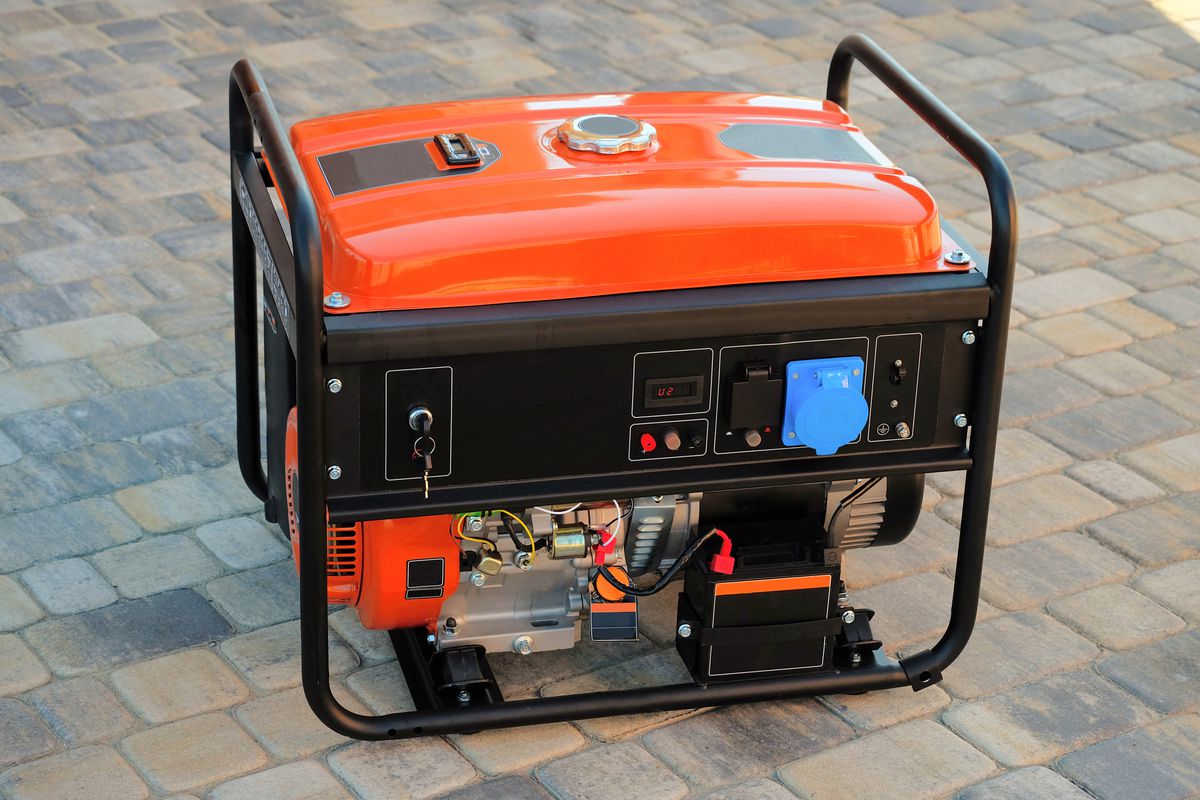
Purchasing a generator can be a great investment for homeowners and businesses alike. A generator can provide reliable and consistent power to keep appliances, lights, and other electronics running, even during power outages. In addition, a generator can be used to power remote devices, such as construction equipment and other tools, when no other power sources are available. Here are some of the key benefits of buying a generator.
| Benefit | Description |
|---|---|
| Reliable Power | A generator can provide consistent and reliable power to keep lights, appliances, and electronics running, even during power outages. |
| Portable Power | Generators can be used to power remote devices and equipment in areas where no other power sources are available. |
| Ease Of Use | Generators are easy to use and can be set up quickly and easily. |
| Cost Savings | Generators offer cost savings over other power sources, as they require less energy to operate. |
| Safety | Generators are designed with safety features to protect against hazards such as electric shock. |
These are just a few of the many benefits of buying a generator. With so many advantages, it’s no wonder why generators have become increasingly popular in recent years. If you’re looking to buy a generator, be sure to do your research and find one that meets your needs.
Benefits of Buying a Generator from a Retailer

When it comes to generator purchases, there are a number of benefits to buying from a retailer instead of buying from a manufacturer or other source. Here are some of the benefits of buying a generator from a retailer:
- Expert Advice: Retailers typically have knowledgeable staff who can provide expert advice when it comes to purchasing a generator. They can help you determine the size and type of generator that is best suited for your needs and provide information on the features and benefits of each model.
- Price: Retailers often offer competitive pricing on generators and may be able to offer discounts on certain models. This can help you save money when buying a generator.
- Warranty: Most retailers will offer a warranty on their products, which can provide additional peace of mind when purchasing a generator.
- Accessibility: Retailers typically have physical stores where you can go to view and purchase a generator. This means you don’t have to wait for it to be shipped from a manufacturer or other source.
- Convenience: Shopping at a retailer is often more convenient than other methods of purchasing a generator, as you can view the products in person and make a purchase quickly and easily.
- Service: Many retailers offer service and repair for the generators that they sell, which can be a great benefit if something goes wrong with the product.
Overall, buying a generator from a retailer has a number of advantages, including expert advice, competitive pricing, warranties, accessibility, convenience, and service. When looking to purchase a generator, be sure to consider the benefits of buying from a retailer.
Things to Keep in Mind when Shopping for a Generator
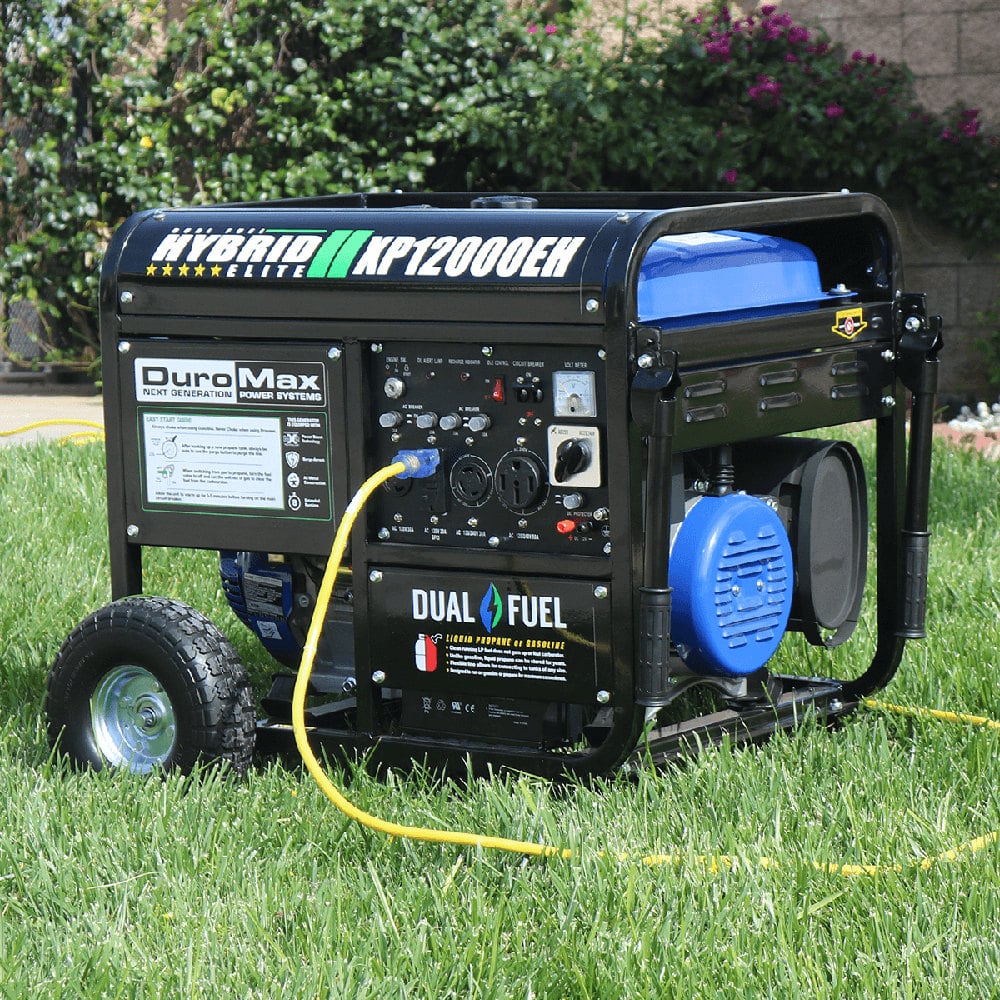
Shopping for a generator can be an intimidating task. With so many models, features, and price points to consider, it can be hard to know where to start. To help make your decision easier, here are a few things to keep in mind when shopping for a generator.
Type of Generator
The first factor to consider when shopping for a generator is the type of generator. There are three main types of generators: portable, standby, and inverter. Portable generators are ideal for camping or powering small appliances in an emergency situation, while standby generators are better for providing full home power. Inverter generators are best for providing clean, reliable power for sensitive electronics and are quieter than other generator types.
Power Output
The next factor to consider is the power output of the generator. This is measured in watts and determines the number of appliances that can be powered at once. Make sure to consider the wattage requirements of the appliances you plan to power with the generator. This will help you determine the power output you need and will help you avoid purchasing a generator that isn’t powerful enough.
Fuel Type
When shopping for a generator, it’s important to consider the fuel type. Generators can run on gasoline, diesel, or propane. Each fuel type has its own advantages and disadvantages, so make sure to consider how often you plan to use the generator and your budget when deciding which fuel type to use.
Price
Of course, price is always a factor when shopping for a generator. Generators can range from a few hundred dollars to several thousand, depending on the type and power output. Make sure to consider your budget when looking for a generator and stick to models that are within your budget.
Features
Finally, consider the features of the generator. Some generators have features such as automatic start, remote start, and voltage regulation. These features can be very helpful, so make sure to consider them when shopping for a generator.
Conclusion
When shopping for a generator, there are several factors to consider. Make sure to consider the type of generator, power output, fuel type, price, and features before making a decision. By doing your research and considering all of these factors, you can find the perfect generator for your needs.
Popular Brands of Generators
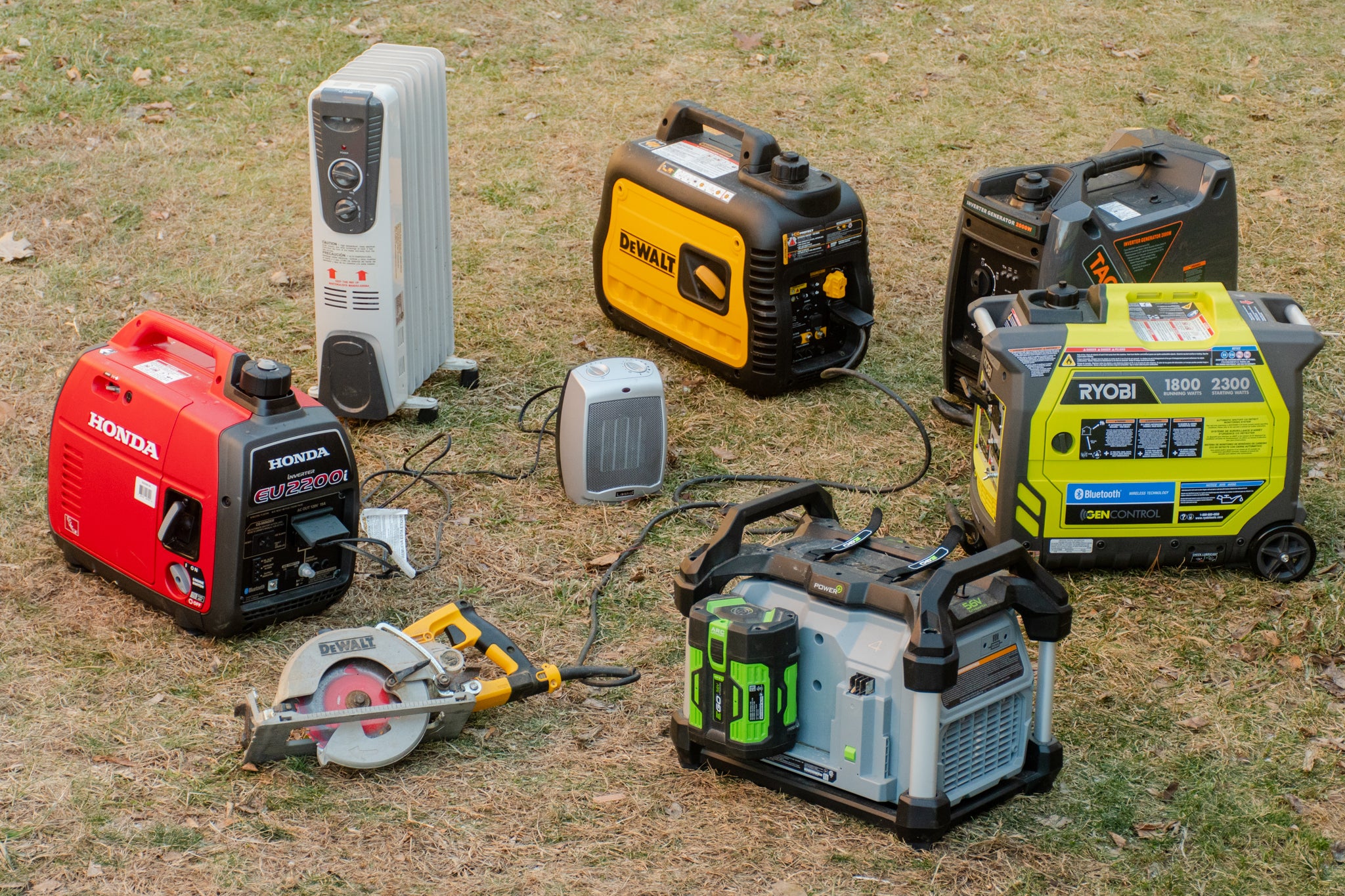
Generators are becoming increasingly popular as a dependable and efficient source of power. There are a wide range of generators available in the market, which are made by different manufacturers. To help you choose the right generator for your needs, here is a list of some of the most popular brands of generators.
| Brand | Description |
|---|---|
| Honda | Honda is a well-known brand of generators that is known for its quality and reliability. They offer a wide range of portable and standby models, which are suitable for both residential and commercial applications. |
| Kohler | Kohler is another popular brand of generators that offers a range of portable and standby models. Their generators are known for their durability and reliability, making them a great choice for any application. |
| Briggs & Stratton | Briggs & Stratton is a well-known brand of generators that offers a range of models suitable for residential and commercial applications. They are known for their durability and reliability, making them a great choice for any application. |
| Generac | Generac is a well-known brand of generators that offers a range of models suitable for residential and commercial applications. Their generators are known for their reliability and performance, making them a great choice for any application. |
No matter which brand of generator you choose, it is important to ensure that it meets your power needs and is suitable for the application you require. It is also important to consider the size and portability of the generator before making a purchase. Finally, make sure to compare prices from different retailers to ensure you get the best deal.
Where to Buy a Generator
When it comes to generators, there are many places to purchase one. Here are some of the more popular places to buy a generator:
- Hardware stores – Many hardware stores will stock a variety of generators, from small portable ones to larger, more powerful models. This is a great place to start your search, but be prepared to compare prices and features before making a purchase.
- Online retailers – Shopping online is becoming more and more popular, and this is no different when it comes to generators. There are many online retailers that sell generators, and they often offer great deals and discounts. Be sure to read customer reviews and do your research before making a purchase.
- Discount stores – Discount stores like Walmart and Target may carry a selection of generators. These are often less expensive than those found at hardware stores, but may not be as reliable or as powerful. Be sure to read the specifications and customer reviews before making a purchase.
- Specialty stores – If you’re looking for a specific type of generator, such as a solar or wind powered model, then a specialty store may be the best place to look. These stores typically carry a selection of higher quality, more expensive generators, but they also may have more knowledgeable staff who can help you make an informed decision.
No matter where you decide to purchase your generator, be sure to do your research and compare prices and features before making a purchase.
Frequently Asked Questions
1. What types of generators are available for sale?
Generators are a great way to provide an emergency power supply for your home or business. There are a variety of generator types available for sale, each with different capabilities and features to suit different needs.
- Portable Generators – Portable generators are ideal for providing temporary power supply during power outages. They are lightweight and easy to move around, making them a great choice for camping or tailgating. Most portable generators run on gasoline and are relatively affordable.
- Standby Generators – Standby generators are permanently installed outside of your home or business and require professional installation. They are typically larger and more powerful than portable generators, and they come with an automatic transfer switch that turns on the generator when power is lost. They are more expensive than portable generators, but they provide a reliable power source for longer periods of time.
- Inverter Generators – Inverter generators are designed to produce electricity that is cleaner and more reliable than traditional generators. They are quieter and more fuel-efficient, and they are ideal for powering sensitive electronics such as computers and phones. They are also more expensive than other types of generators.
No matter what type of generator you are looking for, you can find a wide selection of options for sale. Take the time to research the different types and features available to find the best generator for your needs.
2. How do I find the best deals on generators?
Finding the best deals on generators can be a daunting task. However, there are a few basic steps that you can take to help you locate the best deals available.
- Do your research: Before you start shopping for generators, it is important to do your research. Research the different types of generators available and compare prices. Look for reviews and ratings from previous customers. This will help you narrow down your options and make an informed decision.
- Set a budget: Setting a budget for your generator purchase will help you ensure that you don’t overspend. Knowing the maximum amount you are willing to spend will help you narrow down your choices and choose the best generator for your needs.
- Shop around: Once you have done your research and set a budget, it is time to start shopping around. Compare prices and features between different stores and websites. Look for discounts and special offers to help you get the best deal.
- Check online: Shopping online is a great way to find the best deals on generators. Look for websites that offer discounts, coupons, and free shipping on generator purchases. You can also find comparison websites that allow you to compare prices and features between different stores.
- Ask for advice: If you are still unsure about which generator to purchase, ask friends and family for their advice. They may be able to provide you with recommendations based on their own experience.
By following these steps, you can be sure to find the best deals on generators.
3. What should I consider when buying a generator?
When considering a generator for sale, there are a few key factors to consider to ensure you get the right one for your needs.
- Power Output: The power output of the generator should meet your current and future needs. Consider the wattage of the appliances you need to power and ensure the generator includes that wattage.
- Noise Level: Generators can range from very quiet to quite loud. In some instances, you may need to consider a quieter generator for your particular needs.
- Fuel Type: Generators come in a variety of fuel types, such as propane, gasoline, and diesel. Each of these has its own pros and cons, so it is important to consider which fuel type best meets your needs.
- Run Time: Different generators have different run times based on their fuel type and capacity. Consider how long you will need the generator to run and ensure you get one with the appropriate run time.
- Portability: If you need to take the generator with you, it is important to consider the portability of the generator. Consider the weight, size, and handle options when looking for a portable generator.
- Price: Generators come in a wide range of prices, so it is important to consider your budget and ensure you get the best generator for the price.
By taking the time to consider these factors when buying a generator, you can ensure you get the best one for your needs.
4. What are the Advantages and Disadvantages of Owning a Generator?
Owning a generator can provide many benefits for those who are looking for reliable backup power in the event of an emergency. However, there are also some drawbacks that should be considered before purchasing a generator.
-
Advantages:
- Reliable backup power in the event of an emergency or outage
- Provides a source of electricity for remote areas
- Can be used to power a variety of appliances and electronics
- Portable and easy to use
-
Disadvantages:
- Can be noisy and require maintenance
- Requires regular refueling
- Can be expensive to purchase
- The fuel type must be compatible with the generator model
Ultimately, it is important to weigh the advantages and disadvantages of owning a generator before investing in one. Doing your research and carefully considering your needs will help you make an informed decision that is best for you.
5. What safety tips should I be aware of when using a generator?
- Make sure the generator is rated properly according to the equipment you are using it with.
- Ensure the generator is located in an area with adequate ventilation.
- Keep the generator away from flammable materials.
- Do not refuel the generator while it is running or hot.
- Do not operate the generator in wet conditions.
- Always use a GFCI-protected outlet when operating the generator.
- Never overload the generator.
- Always wear protective clothing when operating the generator.
- Ensure all cords are rated for the output of the generator.
- Be sure to turn off the generator and unplug all appliances before shutting it down.
By following these safety tips, you will be able to safely operate your generator and enjoy the convenience of having a reliable power source!
Conclusion
When it comes to finding the best generator for your needs, there are many factors to consider. Finding a generator that fits your budget and meets your needs can be a challenge, but with the right information and guidance, you can get the generator that works best for you. With a wide selection of generators available, there are plenty of options to choose from. Additionally, by following our reviews, guides, and tips, you can find great deals on generators and get the best value for your money.
References
- Generator Buyers Guide. (2020). Retrieved from https://www.generatorsdirect.com/buyers-guide/
- Generator Reviews – The Best Generators for 2020. (2020). Retrieved from https://www.generac.com/residential/en/support/generator-reviews
- Generator Shopping Guide. (2020). Retrieved from https://www.homedepot.com/c/buying_guide_generators
- How to Buy a Generator. (2020). Retrieved from https://www.lowes.com/projects/repair-and-maintain/how-to-buy-a-generator/project
